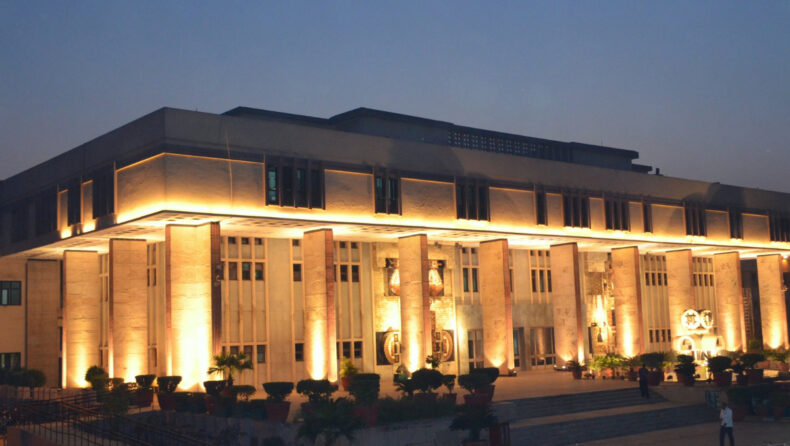Recently, the Delhi High Court dismissed a petition, observing that the failure to prosecute a public servant under the Prevention of Corruption Act, does not bar the proceeding under the penal code, especially of conspiracy and cheating. This matter was listed before a single-judge bench of the high court consisting of Justice Yogesh Khanna Khanna.
The court further observed that allegations of conspiracy and claimed cheating by private accused would not be affected by the sanction qua public worker, and the only change would be that private individuals would no longer be prosecuted under Section 120B IPC for offences under the Prevention of Corruption Act. Just because a sanction is not given does not mean that the conclusions regarding a conspiracy or cheating cannot be proven in court.
Facts of the case
These petitioners were originally filed for quashing the FIR registered with CBI for the offenses under the Indian Penal Code and the Prevention of Corruption Act. The dispute between the parties is related to providing packaged drinking water in Rajdhani/Shatabdi trains. It was alleged in the proceedings that the licensee had deliberately provided another packaged drinking water instead of the Rail Neer bottle causing huge losses to the government exchequer.
Though the petitioner was not accused in the FIR filed with the CBI, he was arrested based on the same. The petitioner is alleging that the continuation of the case is causing prejudice to the petitioner. The reason for the same is that no formal complaint registered, CVC has opined that no case is made out, and Railways has not suffered any loss.
Subsequently, in 2017, the sanction to prosecute two public servants (Found accused in the investigation conducted by the CBI) was accorded. However, this order was quashed by the high court. Then the authorities approached the supreme court where the same was dismissed. The CBI had again insisted on prosecution, but it was rejected.
The petitioner, thereafter, contended that once the sanction has been declined the same cannot be pursued against the individuals as it was based upon the conspiracy of licensees with the government servants.
Judgment of the court
The court dismissed the plea made by the petitioner and observed that the discharge made based on invalid sanction does not absolve the petitioner of their offenses committed under the penal code. The Supreme Court in a previous case known as State v. Jitender Kumar Singh had held that the ongoing trial against private individuals under the IPC be transferred to the Court of Magistrate upon the death of the only public officer before the laying of charges in a PC Act case.
The court further noted that the instances made out in the chargesheet along with the material placed on record can not be ignored. Even if the Director’s Report claims that no loss was incurred by the Railways because the Rail Neer, if not purchased by the petitioners, was nonetheless sold elsewhere, it cannot be taken into consideration at this time because the issue is whether the Railways suffered a loss by claiming reimbursements for excess amounts despite providing less expensive bottles.
The court at last pronounced that No case is made for the quashing of the FIR at this time, considering the overall submissions and the precedents mentioned above. Therefore, the petitions are dismissed.













